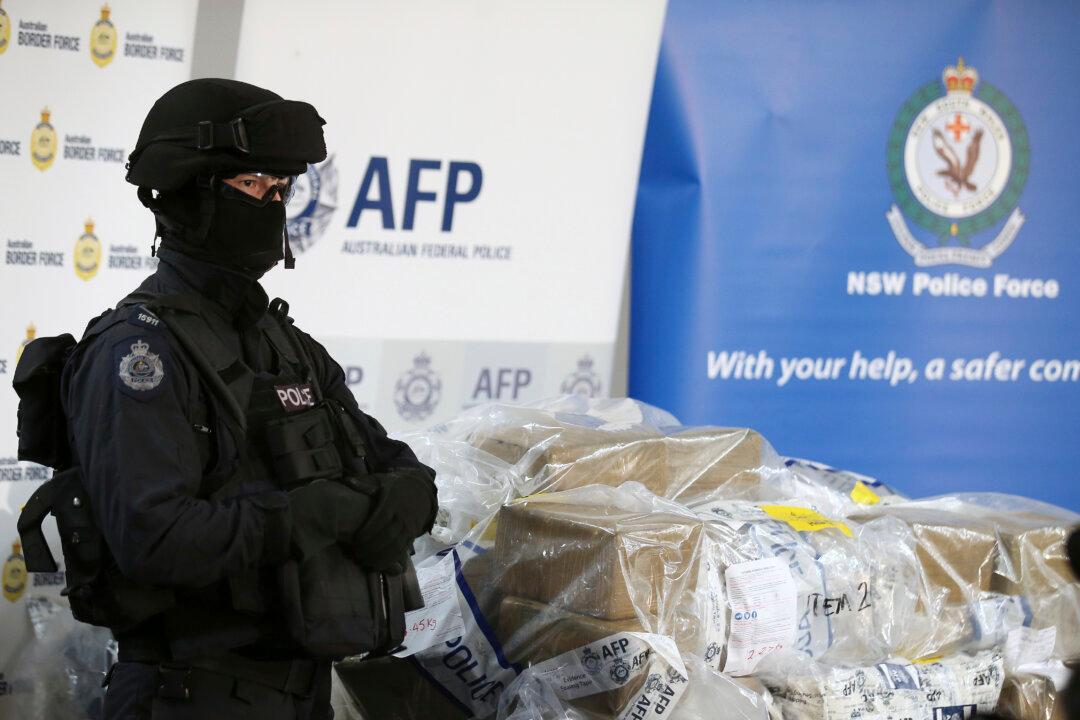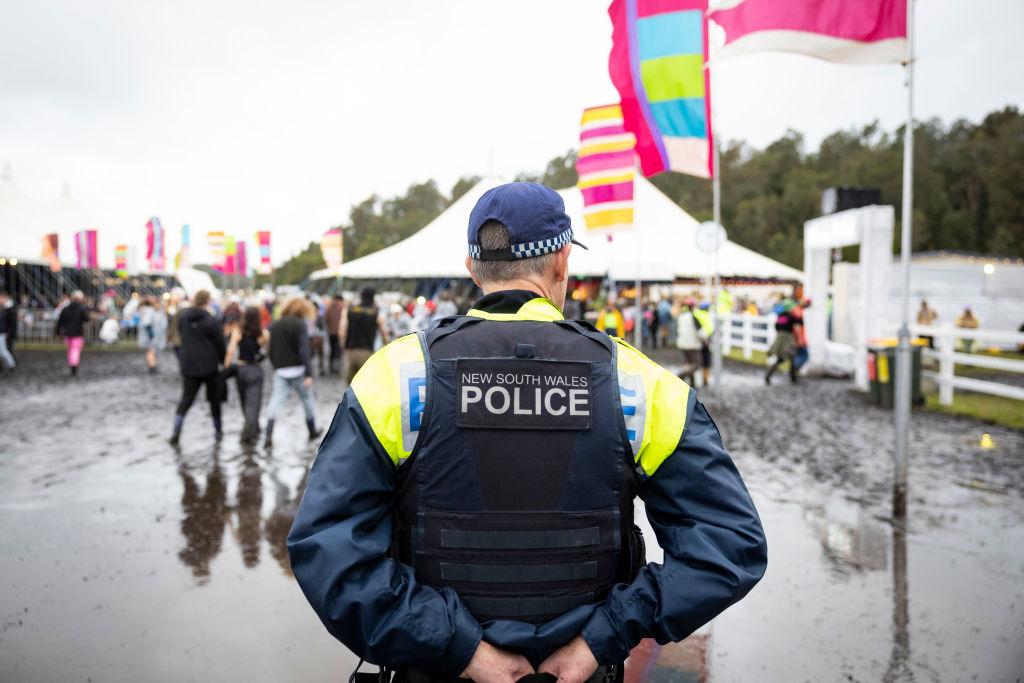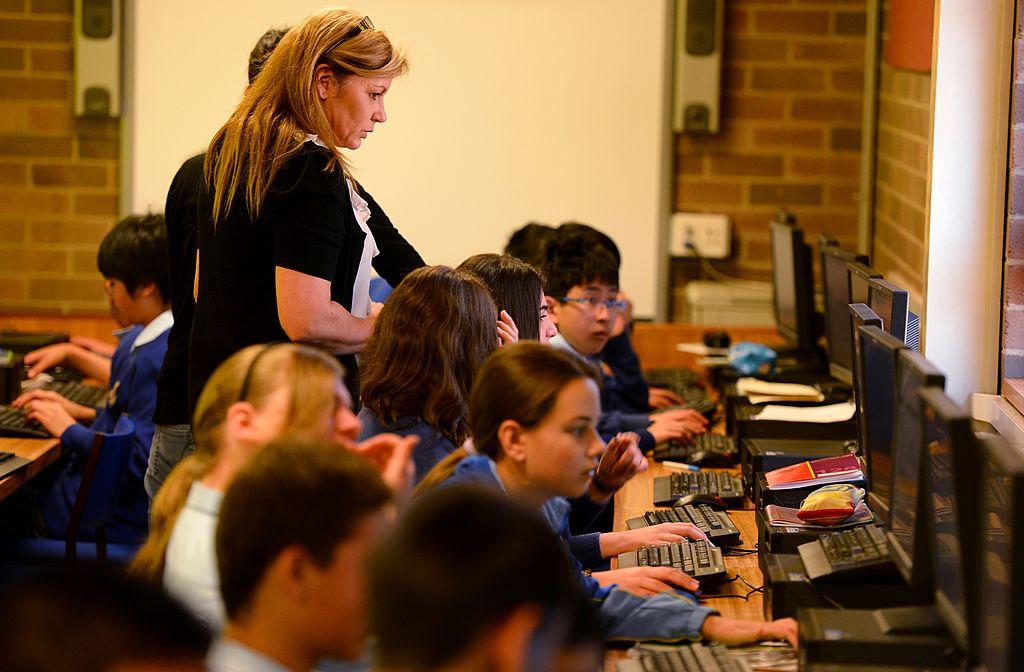A decision by the Australian Capital Territory (ACT) government to decriminalise the use of illicit drugs, including heroin and ice, has sparked alarm from authorities.
From October 2023, heroin, meth, and cocaine will be decriminalised in the ACT, but authorities are warning the move could promote drug-fuelled culture in Australia’s capital territory.





